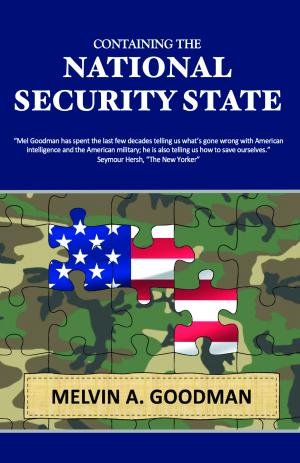Posts Tagged ‘millitary gap’
A Secretary of Defense Lloyd Austin Will Widen the Civil-Military Gap
Civilian control of the military has been a central tenet of democratic governance. The trenchant warning from retiring President Dwight D. Eisenhower on the dangers to democracy from a permanent “military-industrial complex” is the most memorable presidential farewell warning in our history. The civil-military gap has widened over the years, starting with the controversy over the Vietnam War in the 1970s; the Goldwater-Nichols Act in the 1980s; and the Global War on Terror in the wake of the attacks in New York City and Washington in 2001. Our bloated defense budget, which accounts for more than one trillion dollars when all departments of government are included and two-thirds of discretionary spending, contributes to the belief that only a professional military class can manage the sophisticated technology of the Pentagon.
Read MoreRecent News and Latest Book
Iran and the US Say Enough, Will Israel Go Along?
The emphasis now should be on a cease fire in Gaza; release of the hostages; a surge of humanitarian assistance to Gaza; and talks with Iran that could lead to diplomatic recognition.
Spies and Their Lies: the Trials and Tribulations at Guantanamo
U.S. prosecutors have asked the Court of Military Commissions to reinstate the confessions, and the rest of this year will be taken up with this issue at the U.S. Court of Appeals for the District of Columbia. The new judge, Colonel Matthew Fitzgerald, is the fourth to preside in this case, and he was still in law school when the U.S.S. Cole was attacked and 9/11 took place.


